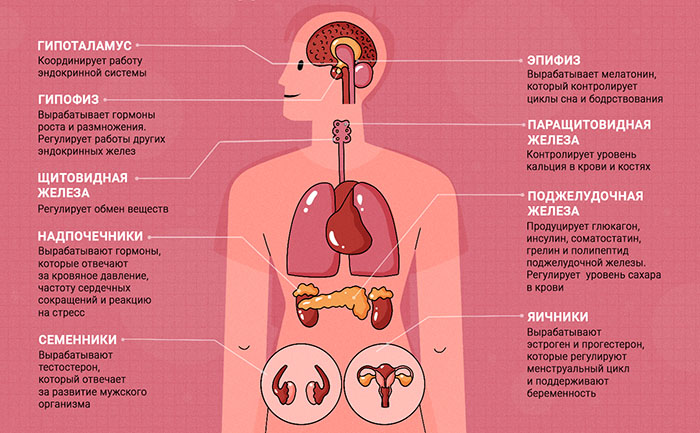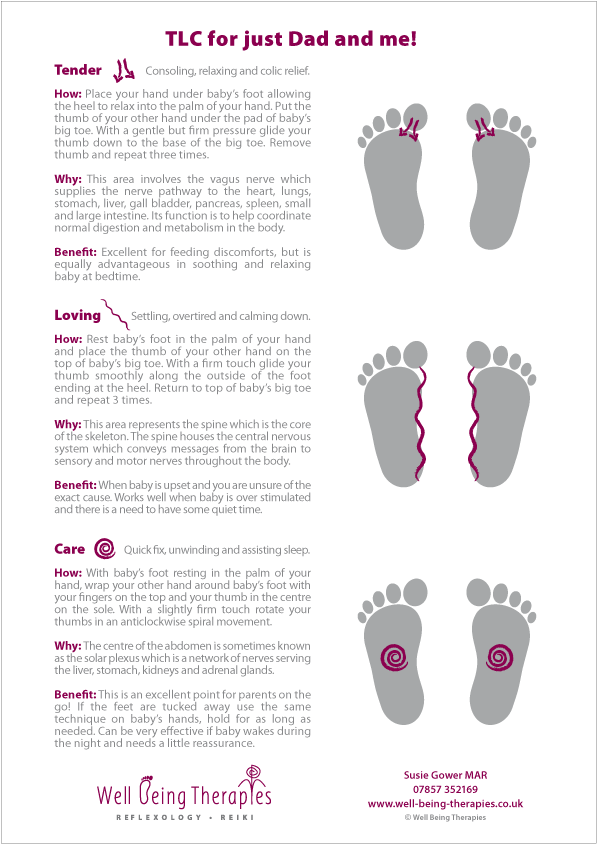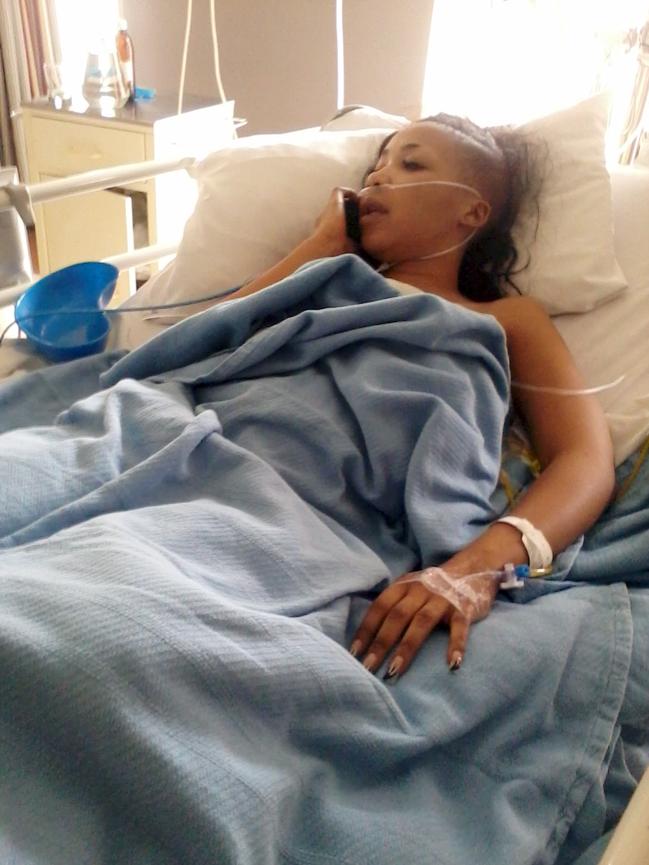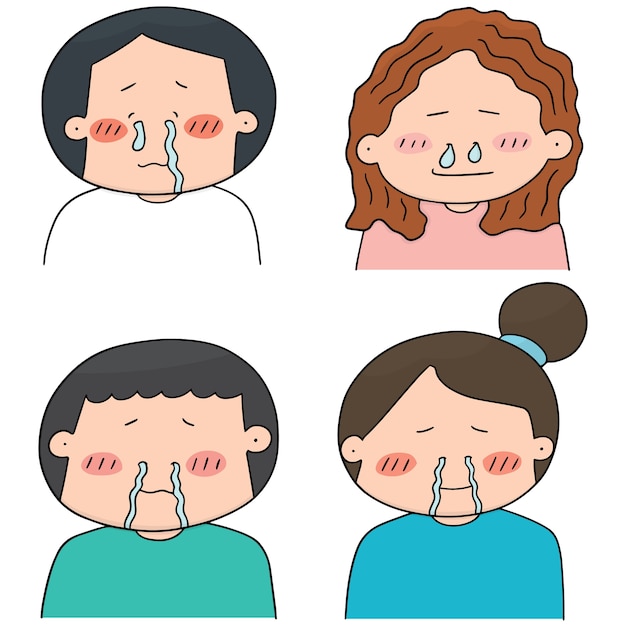How to advocate for your child at school
Parent Advocacy at School: 8 Steps
Being an advocate is about speaking up on behalf of your child — asking questions, raising concerns, asking for help. It’s also about teaching your child to speak up. But it’s not always easy to do.
Some parents find it difficult or uncomfortable to talk with educators. They might not feel it’s their place. They may have had bad experiences in the past. And some parents just aren’t sure what to say — or when.
But when things aren’t going well at school, you are a voice for your child, and not just at parent-teacher conferences. You know your child’s strengths, challenges, and interests. Advocating helps make sure your child has the support to thrive.
Explore topics selected by our experts
School supports
School struggles
Here are eight tips to help you advocate for your child at school.
1. Understand what it means to advocate.
You may feel like you have to be confident and know everything to advocate for your child. But “advocating” just means speaking up about your concerns.
You can also speak up in a way that’s comfortable for you. You don’t have to be loud or talk in front of a lot of people. You can advocate quietly and with just one person, like your child’s teacher.
2. Know it’s OK to speak up.
You might not see it as your place to get involved in your child’s education. It might even feel like it’s overstepping. But it’s OK to speak up if you’re worried. It’s not disrespectful to share your concerns. Teachers want kids to do well. They know that families have a lot of helpful information to share.
3. Write down your thoughts.
It helps to write down what you want to talk about. If you need help, use this parent-teacher conference worksheet to organize your thoughts and plan what you want to talk about.
Parent-Teacher Conference WorksheetPDF
Some people think better out loud. If that describes you, try recording what you’re thinking on a smartphone. Or talk with a friend or family member who can take notes. Knowing what you want to say ahead of time can make the conversation easier.
If that describes you, try recording what you’re thinking on a smartphone. Or talk with a friend or family member who can take notes. Knowing what you want to say ahead of time can make the conversation easier.
4. Start by speaking with someone you trust.
If you’ve built a good relationship with your child’s teacher, start the conversation there. Send an email, a note, or a text, or make a call to find out when would be a good time to talk.
If talking to the teacher doesn’t feel comfortable, look for someone else you trust to help you think through what to do. That could be an administrator, counselor, or librarian. You can also speak with another parent who has been through a similar situation. Just keep in mind that other parents may have had an emotional or stressful experience, too.
Remember it’s better to start with someone you trust, rather than to not speak up at all. It’ll also help you feel more confident when you do talk to the teacher or other school staff.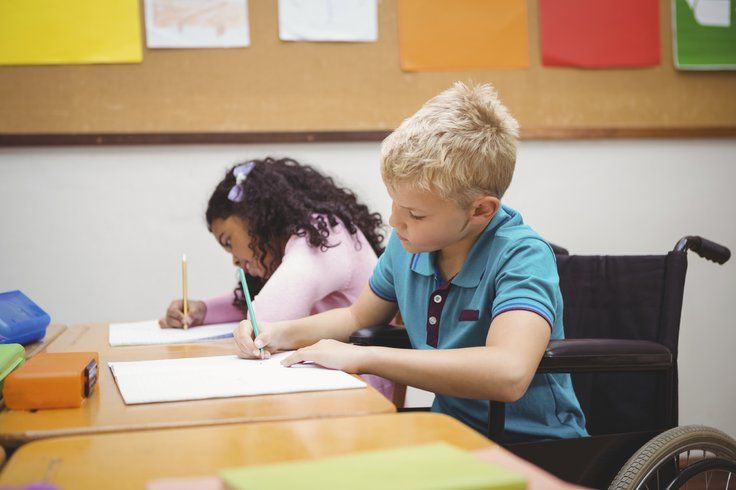
5. Ask as many questions as you need to.
You can start by asking questions about what’s going on at school. Ask about what kids this age are learning — and if your child is learning it as easily as other kids.
If you’re worried about specific things, ask about them. For instance, you can say, “My child seems to be really struggling with math. Every time there’s math homework, he cries and says he’s dumb. Is that typical?” Or you could say, “I’m worried that reading takes too long for my child, and she doesn’t recognize simple words. Do you see that, too?”
6. Don’t be afraid to show emotion — but be respectful.
Speaking up about your child is emotional. It’s hard to talk about what worries you, especially in front of strangers. It’s OK to get emotional. It’s even OK to cry.
Try not to make things personal or lash out, though. It makes it harder for people to help you when they’re feeling attacked. Most teachers and school staff are trying their best and want to help, even if you don’t always agree with one another.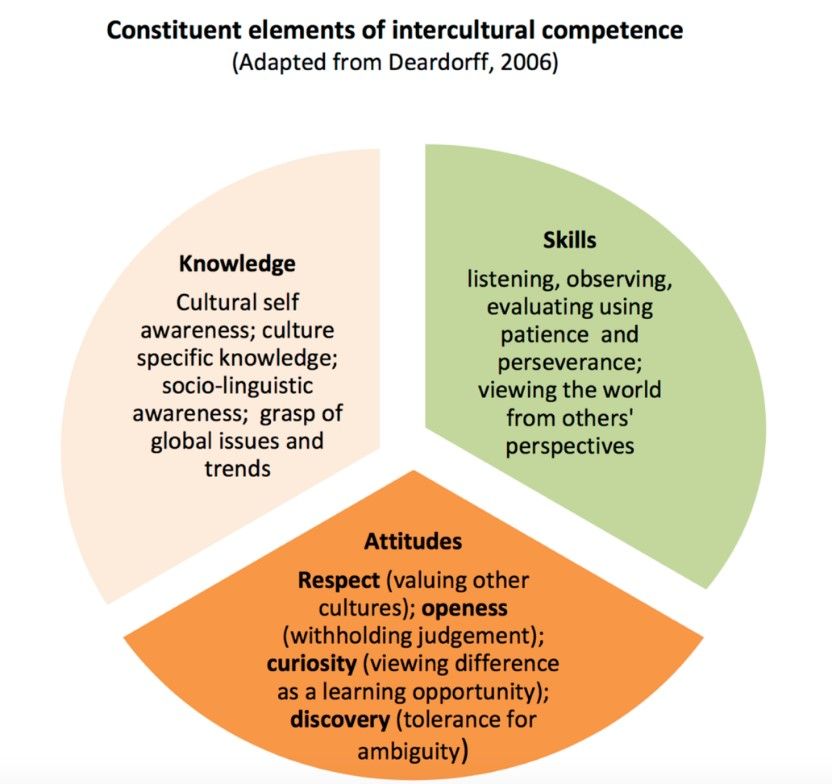
7. Ask about extra help for your child.
Find out what to do if your child is falling behind. Don’t be afraid to ask about what help is available. You can also ask for a free school evaluation to get a better sense of your child’s skills and needs. The results will be used to see what kind of support and help your child needs in school.
It’s a good idea to put any requests in writing. Keep copies of them, and use a communication log to keep track of who you spoke to and when.
8. Keep speaking up.
Advocating for your child isn’t a one-time thing. You’ll probably need to keep doing it. It’s a good idea to learn how often is too often to contact your child’s teacher. There are also other times and ways to get updates. For example, PTA meetings can provide insight into what’s happening in the school and can help you learn about other resources that could affect your child.
Related topics
School supports
School struggles
10 Ways to Be an Effective Advocate for Your Child at School
As a parent, you are your child’s best education advocate—until he’s old enough and informed enough to speak up for himself. You know your child’s strengths and challenges, and you can help identify and push for the resources your child needs to succeed. Here are some tips to help you advocate for your child at school.
You know your child’s strengths and challenges, and you can help identify and push for the resources your child needs to succeed. Here are some tips to help you advocate for your child at school.
1. Be informed.
Read more about your child’s learning and attention issues, watch videos or attend workshops. It can help you be familiar with your child’s specific challenges. Explore your child’s strengths, too, so you can work with the school to find ways that best support how he learns.
2. Keep and organize paperwork.
Make sure to keep copies of all report cards, progress reports, multidisciplinary evaluations, IEPs, medical records, helpful homework samples and other documents. They can provide insights into your child’s learning issues and how much progress he’s making. If your child has an IEP, you can create an IEP binder to keep all your paperwork in one place.
3. Build relationships.
Get to know your child’s teachers as well as the school psychologist, speech therapistand any other providers who are working with your child.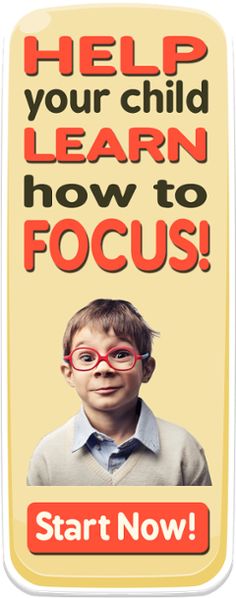 Building relationships with the whole team can help keep the lines of communication open. There’s less chance of misunderstanding if everyone knows and talks to each other.
Building relationships with the whole team can help keep the lines of communication open. There’s less chance of misunderstanding if everyone knows and talks to each other.
4. Ask questions.
It’s important to make sure you fully understand your child’s program and accommodations before you give your consent to services. Don’t be afraid to ask for clarification, request further evaluations, or express your disagreement with the school’s recommendations regarding services. It’s a good idea to get any requests in writing. Keep copies of these requests and use a communication log to keep track of who you spoke to and when.
5. Stay calm and collected.
Remember that the teachers and other school staff members involved are there to help, even if you disagree with them. Make a list of the topics you want to cover in important meetings. Learn phrases you can use to redirect conversation and defuse tense situations. And consider bringing a friend or relative who can take notes for you and help you stay organized and on track.
6. Remember that you’re part of the team.
Parents shouldn’t feel pressured by school staff to make a decision. Keep in mind that you’re an equal member of the decision-making team. So, while it’s important to be receptive to the school staff’s thoughts, you don’t have to agree to something you think goes against what’s best for your child.
7. Know your child’s rights.
Learn about your child’s rights to a free and appropriate public education (FAPE) under the Individuals with Disabilities Education Act (IDEA). Your child might have the right to extra time on tests and other accommodations or modifications. Stay informed about your school’s legal obligations to provide your child an evaluation and other services. You can also speak with your local Parent Training and Information Center about finding a parent advocate to help you during important meetings.
8. Talk to your child.
Touch base with your child about how school is going. It’s important to know if he’s using the accommodations on his IEP or 504 plan or if he’s spent time with the speech therapist as planned. This helps you make sure the plan is being implemented. And you can teach your child phrases he can use to self-advocate when you’re not there with him.
It’s important to know if he’s using the accommodations on his IEP or 504 plan or if he’s spent time with the speech therapist as planned. This helps you make sure the plan is being implemented. And you can teach your child phrases he can use to self-advocate when you’re not there with him.
9. Learn the lingo.
Learn terms you may hear from educators, health-care providers and other professionals. It can help you to understand, for example, whether the speech therapist and other service providers are “pushing in” (working with your child in the classroom) or “pulling out” (taking your child to a separate location). This information can guide questions to ask your child. For instance if he says he didn’t go to speech class one day, you might ask, “Did the speech therapist come into the classroom?”
10. Communicate regularly.
IEP meetings and parent-teacher conferences are good opportunities to get an update on your child’s progress. But there are also other times and ways to get updates.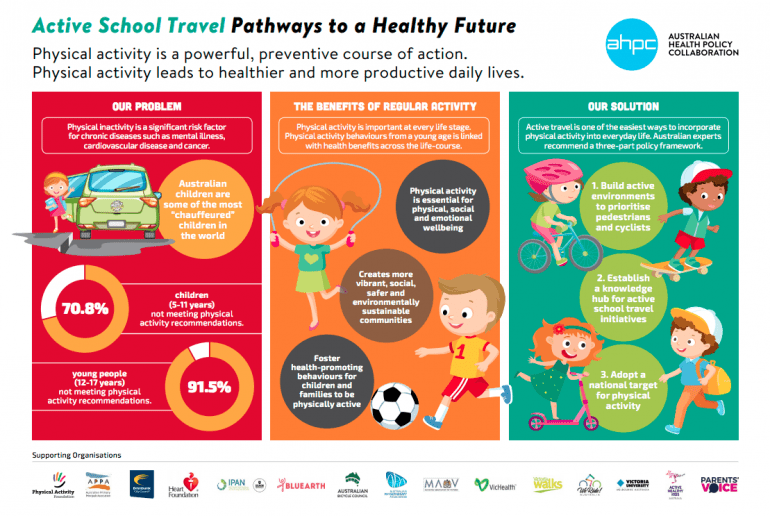 You can email his teacher with questions. PTA meetings may provide insight into curriculum changes and other resources that could affect your child. It’s helpful to fill out a contact list, too. Keep it handy so you know who at school to reach out to about various topics.
You can email his teacher with questions. PTA meetings may provide insight into curriculum changes and other resources that could affect your child. It’s helpful to fill out a contact list, too. Keep it handy so you know who at school to reach out to about various topics.
Watch as an expert talks about who can support you when you hit roadblocks in advocating for your child.
https://www.youtube.com/watch?v=EqLcHsI3ILo
Source: Understood
How to protect your child at school: a practical guide | Family
A modern school sometimes resembles a real battlefield. What happens within the walls of an educational institution, mothers and fathers learn mainly from the lips of their children, sometimes from the words of teachers or other parents. What tactics to choose to protect your child in different situations? Let's go over it in detail.
Situation #1: Bullying
Is your child bullied, insulted, teased, boycotted, infringed, beaten? It's all called bullying. Bullying, harassment, intimidation are subjected not only to the so-called weak introverted children who cannot fight back the offenders, but also to any children in general.
Bullying, harassment, intimidation are subjected not only to the so-called weak introverted children who cannot fight back the offenders, but also to any children in general.
The instigators of bullying (one person, a small company or a whole team) do not need any special reasons to start bullying a child, so absolutely anyone can become a victim.
How to protect your child from bullying? Here are some recommendations:
- Intervene immediately. A rare child will be able to solve this problem without adults. How is bullying different from conflict? Conflict is a clash of interests, it allows you to extract positive experience. Bullying brings only stress, panic, anxiety and other psychological problems;
— Do not immediately pull details out of the child with tongs. It may be painful and embarrassing for him to talk about traumatic experiences. Ask him to write about his feelings, watch themed films with him to increase the level of trust and openness. Support him and let him know that you are always ready to help and be sure to stop the bullying;
- Teach your child to record violations and .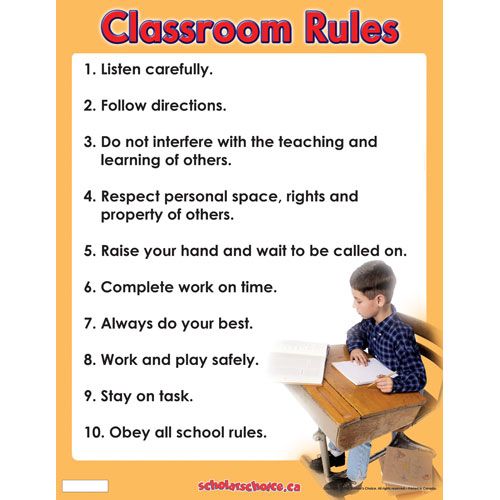 Let him take screenshots of messages with threats, record the words of the offenders on the recorder, and take a photo. Collect the facts and present them to the class teacher, head teacher, social pedagogue, director: they must be immediately brought up to date. The school is obliged to ensure the safety of your child, this responsibility is entirely on the shoulders of the educational institution;
Let him take screenshots of messages with threats, record the words of the offenders on the recorder, and take a photo. Collect the facts and present them to the class teacher, head teacher, social pedagogue, director: they must be immediately brought up to date. The school is obliged to ensure the safety of your child, this responsibility is entirely on the shoulders of the educational institution;
— Beliefs don't help? Contact the police along with the evidence. If not only your child suffers from the actions of the offenders, you can draw up a collective statement;
— Don't tell your child to hit back. This behavior can anger offenders. Encourage your child to ignore intruders, run away in dangerous situations, remain calm, and breathe deeply. Also teach your child the words “no”, “no”, “I don’t like”, “I don’t want” and always tell adults (teachers, parents) if they offend him.
If bullying has gone too far, the first way to protect your child is to homeschool or change schools.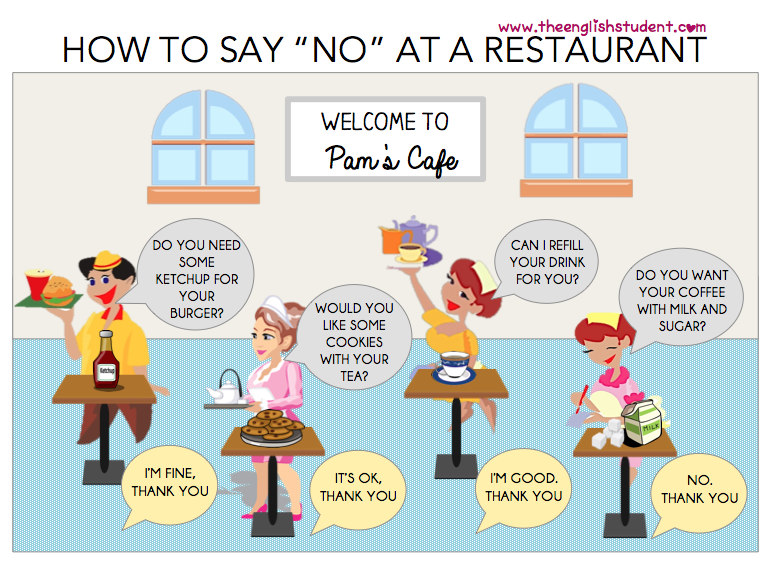 The safety of children must come first!
The safety of children must come first!
Situation No. 2: Conflicts with the teacher
Conflicts with teachers seem to have become an integral part of the educational process in the modern school. And most importantly, there are countless reasons for them: the appearance of the child, his abilities, academic performance, behavior, hobbies ... It happens that teachers conflict with children for some personal reasons.
It is very important for parents not to slow down conflicts that negatively affect the child: they develop phobias in him, lead to stress and anxiety, insomnia, panic attacks, nervousness, and a decrease in academic performance.
How to protect a child from teacher's arbitrariness? The following recommendations will help:
- The first thing a parent should know is that a teacher has no right to insult a child and punish him physically. If you find out that the teacher allows himself too much, appoint an "audience" with the principal of the school, where you will discuss this issue;
- If your exhortations do not affect the director, submit an application on the portal of the Ministry of Education;
Ask other parents if they have had similar conflicts with this teacher.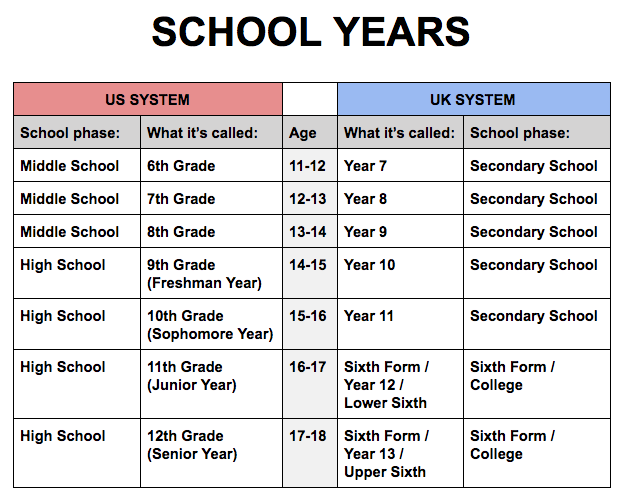 It happens that there are a lot of dissatisfied people. In this case, you can make a collective statement and ask to change the teacher;
It happens that there are a lot of dissatisfied people. In this case, you can make a collective statement and ask to change the teacher;
- Teach your child to collect evidence. If he claims that the teacher constantly insults and humiliates him, ask him to use a video recording or a voice recorder. True, in court (if it suddenly comes to it), such records will not be evidence, since they require an examination. However, such confirmations will prove that the child is not lying or exaggerating.
It is important for mothers and fathers to tell their children about their rights from the early school age. In particular, that physical impact, insults are unacceptable, including from the side of the teacher. It should be explained that you should not respond to the words or actions of the teacher in the same way. The main thing is to remain correct and inform your parents about what happened.
Situation 3: Injuries
A child was injured at school: what to do, where to run and how to protect children's rights?
In accordance with article No. 1068 of the Civil Code of the Russian Federation, all expenses associated with treatment or recovery must be paid by the school, since it is the school that is responsible for the health and safety of children during classes. The school (not a specific teacher!) is responsible and all financial costs, even if the child was injured through their own fault, since teachers (including teachers on duty at breaks) should have been able to stop traumatic actions.
1068 of the Civil Code of the Russian Federation, all expenses associated with treatment or recovery must be paid by the school, since it is the school that is responsible for the health and safety of children during classes. The school (not a specific teacher!) is responsible and all financial costs, even if the child was injured through their own fault, since teachers (including teachers on duty at breaks) should have been able to stop traumatic actions.
If the school refuses to reimburse the costs, the parents have the right to file a claim with the school administration or submit a corresponding application on the portal of the Ministry of Education.
By the way, if another student is at fault for the child's injury, the educational institution can claim reimbursement from the child's parents. But only if it proves it.
So how do you protect your child from injury at school? First of all, you should try to explain to the child that you shouldn’t solve problems with your fists (you can always find a compromise), you don’t need to test your body for endurance in sophisticated ways, and the change is not created for jet runs up the stairs. Otherwise, any injuries are usually an accident.
Otherwise, any injuries are usually an accident.
Situation 4: Theft
It also happens: there is a theft at school, and all the blame is put on your child. What to do in this situation? Remind your child often that teachers and other students have no right to search his things, even if he is suspected. Only the police or the student's parents can conduct body searches.
Is the child asked to show the contents of the bag? He can do it voluntarily, or he can refuse. It happens that stolen items are planted on innocent children, so teachers should not conduct any searches.
What if the item was stolen from the child himself? The following tips will help:
— Inform the class teacher, he is obliged to have a conversation with the students and ask to return the stolen item, talking about the possible consequences;
- If the conversation does not have the desired result, parents should contact the local police station and call the staff to the school to fix the theft.
Moms and dads need to understand that the educational institution is not responsible for the stolen in the classroom. The school can only help in conducting a collective conversation until the case is referred to the authorities. If the police intervened, the culprit will no longer be able to escape punishment.
But if the thing was stolen from the locker room, that's another matter. The school is obliged to ensure the safety of things in the wardrobe, and, according to the Civil Code of the Russian Federation, parents have the right to demand compensation by writing an application addressed to the director.
Situation No. 5: Damage to school property
No one is insured against unforeseen situations, and even more so schoolchildren. How many times have we ourselves witnessed broken glass, broken chairs, torn geographical maps... Anything can happen! Sometimes teachers "set all dogs loose" on children and force their parents to pay damages. Is this correct and what should I do?
Parents should first find out the circumstances of the situation. If the windows in the gym are not closed with nets or bars, and the child breaks the window with a ball, then the school is to blame. But if the child purposefully aimed at the window, despite the supervision of the teacher and his request not to play with the ball in the school corridor, then the child himself is to blame.
If the windows in the gym are not closed with nets or bars, and the child breaks the window with a ball, then the school is to blame. But if the child purposefully aimed at the window, despite the supervision of the teacher and his request not to play with the ball in the school corridor, then the child himself is to blame.
The child will be responsible if he draws a school desk or tears a page out of a textbook. However, it is not his fault if a poorly fixed sink cracks in the restroom.
So what should moms and dads do? First of all, demand evidence of the guilt of the child (photos, videos, independent witnesses, video from the camera). If the school does not have them, then there is no question of any compensation for damage.
Situation #6: Gender inequality
“The girls are cleaning the floors today, and the boys can go home!” How to deal with school gender inequality?
You can try to solve the problem by having a peaceful conversation with the teacher.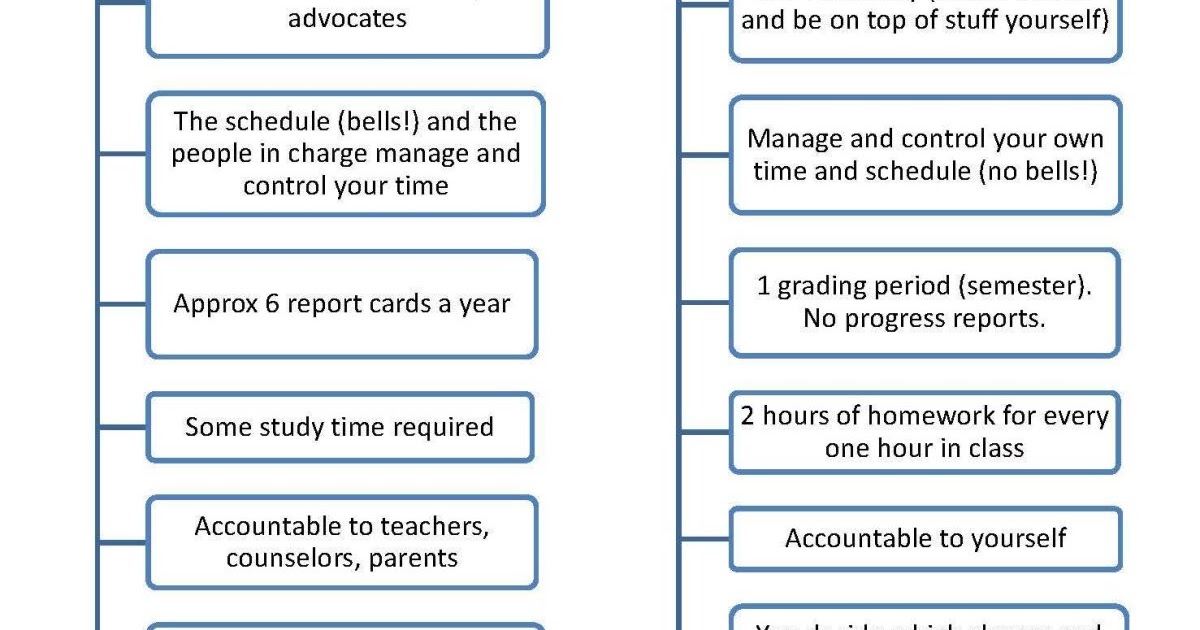 Ask the teacher to reconsider their views. Explain that it is wrong to segregate children by gender, placing more responsibility and responsibility on some children than on others. Does not help? Higher authorities should be involved by contacting the school administration, and then the education department.
Ask the teacher to reconsider their views. Explain that it is wrong to segregate children by gender, placing more responsibility and responsibility on some children than on others. Does not help? Higher authorities should be involved by contacting the school administration, and then the education department.
What to do if a child is bullied at school
Yulia Semenyuk
can stand up for her children
Author's profile
Many people think that I have a scandalous character. I disagree and call it a fight for justice.
I have two daughters. During their six years of schooling, things were stolen from them, teachers unreasonably lowered grades, and an aggressive classmate spat in the face.
I wrote complaints to the school administration and the education committee many times, called the police and the juvenile affairs inspector, and appealed to the prosecutor's office twice more. The case has not yet reached the court, but if necessary, I will go there too.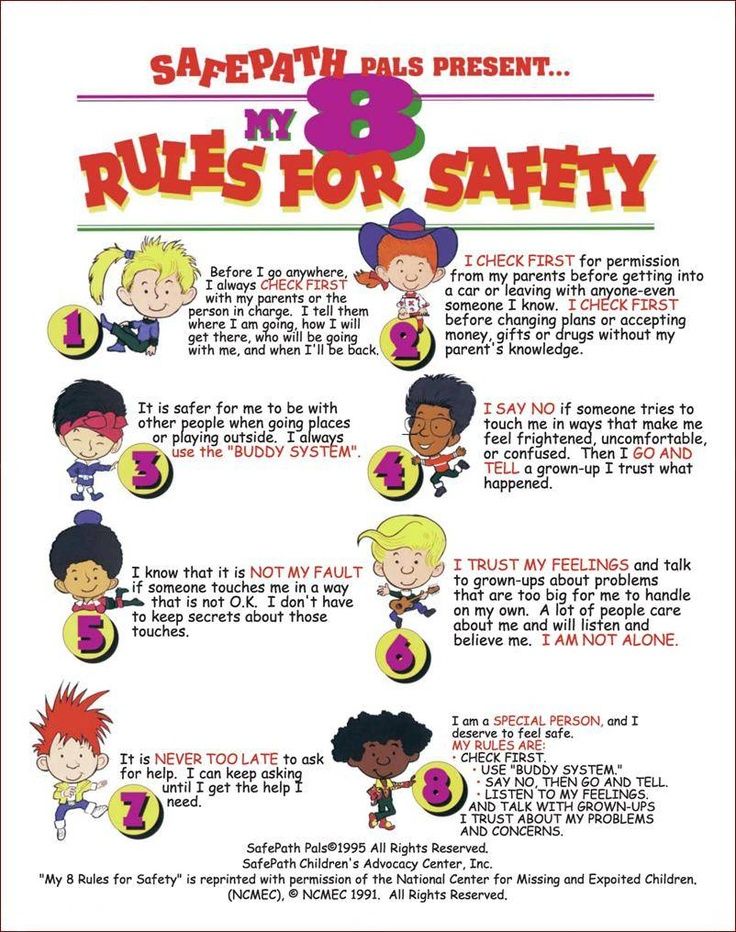 This is how I protect the rights of my children.
This is how I protect the rights of my children.
I'll tell you what situations I intervened in, where I wrote complaints and how the school administration reacted to it.
What rights do children and parents have at school
Although the right to free schooling is the most well-known, it is not the only thing that the law guarantees to students and their parents. To make it easier to defend your rights, you need to know about them. I will list the main things that parents may require at school.
Law "On Education in the Russian Federation"
Familiarize yourself with the license, charter, orders and regulations of the school. If a controversial issue arises, you can ask the school management to show the document that regulates it. I did this more than once: I requested lesson plans, criteria for assessing homework in some subjects, and documents confirming the qualifications of teachers.
Find out how children are taught.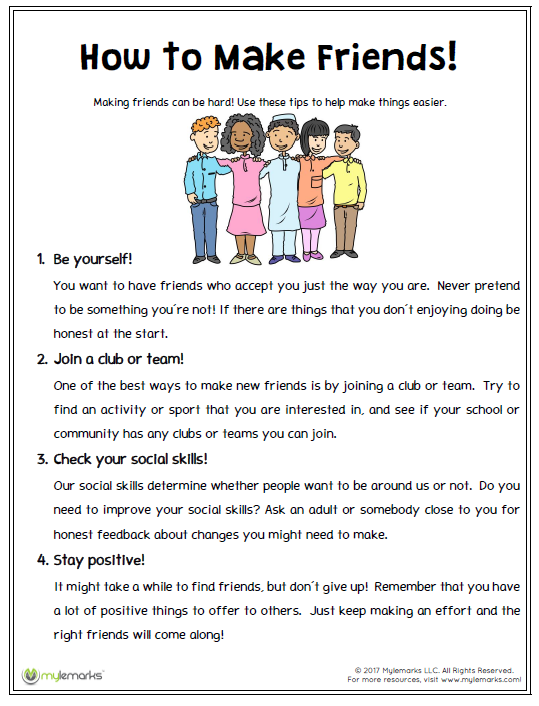 Each teacher develops curricula in his or her subject. Parents can check them out. I made such requests to the school administration, and the programs were sent to me by e-mail - simply and quickly. More work programs can be found on the school website, but sometimes they are forgotten to be updated.
Each teacher develops curricula in his or her subject. Parents can check them out. I made such requests to the school administration, and the programs were sent to me by e-mail - simply and quickly. More work programs can be found on the school website, but sometimes they are forgotten to be updated.
/prava/school/
Parental rights at school
Check grades and progress. If there is any doubt about the grades, you can ask the school to re-assess with an independent commission. I did this, I will tell you about it later in the article.
Don't pay for something that should be free. Parents are often forced to donate money for textbooks, school renovations, or gifts for teachers. But this is illegal: education at school is free, and parents can donate money for something only voluntarily. This also applies to workbooks for textbooks: the school must buy them at its own expense, but parents are not always informed about this.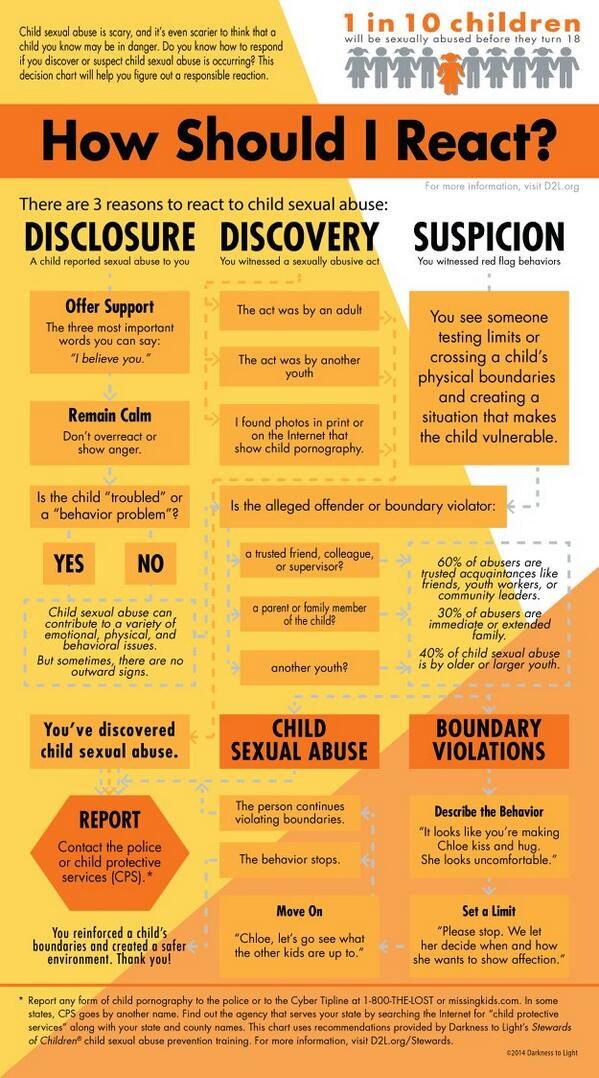
Our school does its best to distance itself from fees in the parent chat. And during meetings, the class teacher offers to buy additional textbooks only if desired.
Protect the interests of children. Minors cannot protect themselves. Therefore, parents should write a statement about offenders or deal with low grades.
The rights of schoolchildren are spelled out in the Law "On Education", and they are also regulated by the Constitution of the Russian Federation and the Convention on the Rights of the Child. There are many rights, I will list the main ones:
- Together with parents, choose a school, form of education and language.
- Study according to an individual curriculum, including at home, if there is a medical indication for this.
- Express your views and beliefs freely.
- Develop creativity and interests.
- Refuse imposed circles and electives.
- Claim damages. If a classmate broke a child's phone during recess, the school is also responsible for this.

What to do? 10/25/18
A child broke someone else's phone at school. Who should pay?
In my opinion, the most important right for a child in school is respect for human dignity, protection of life and health, protection from physical and mental violence, personal insults. If this right is violated, then it is most difficult to achieve justice, because the boundaries of psychological violence are very blurred: for some, spitting in the face is unacceptable, for others, it’s okay. We had such a case, I will also talk about it in the article.
What to do if a child's rights are violated at school
I know from experience that parents often do not want to get involved in conflicts, even if their child is bullied by classmates and teachers lower their grades. I do not support this position and I think that school can be a very cruel place.
Art. 45 of the Law "On Education"
Here is what parents can do to protect their child:
- send a request to the school management not only to understand the situation, but also to apply disciplinary sanctions to teachers, for example, to issue a reprimand;
- apply to the commission for settling disputes between participants in educational relations, if the school has one;
- use other ways to protect the rights and legitimate interests.
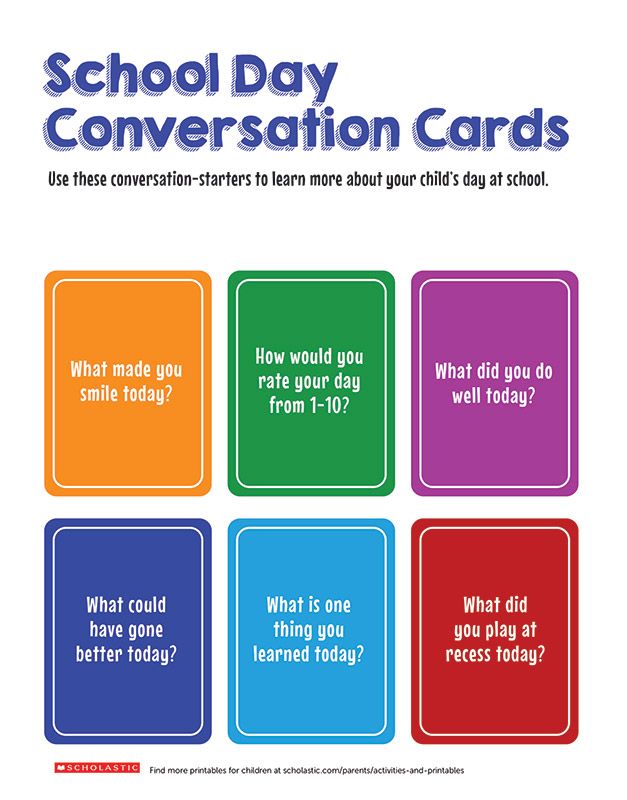 For example, to file complaints with the education committee or the prosecutor's office, call a juvenile inspector and, if necessary, involve a school psychologist in solving the problem.
For example, to file complaints with the education committee or the prosecutor's office, call a juvenile inspector and, if necessary, involve a school psychologist in solving the problem.
I tried all of these methods, except for contacting the dispute resolution committee. Our school seems to have it - documents regulating the work of the commission are posted on the website. But in fact, they are long outdated. For example, there are teachers who have already quit.
My daughters are in the sixth grade at a very ordinary school in St. Petersburg. We didn't choose it on purpose - we went to the one closer to home. Love didn't happen. The children do not like the school, and due to conflicts with the class teacher, they even had to move to another class. I also have complaints: teachers miss mistakes in the work of students, demand that parents clean the classrooms at the end of the school year, and also buy printers and paper.
We have a good relationship with the children, so they tell me how their day went, complain if they are offended at school, and show what classmates write in school chats.
Often I prefer not to interfere and just go with the flow, because showdowns take a lot of time and effort. But there were situations that I could not miss. I'll tell you more about them.
/list/we-need-to-talk/
How and what to talk about with children in difficult times: 11 questions for a psychologist
Situation 1
The teachers were unprofessionalThe first class teacher. When the girls started first grade, we had several skirmishes with the class teacher. Her son studied in a parallel class, but came to ours for an extension. At such moments, the classroom turned from a teacher into a mother and did homework for a long time only with her son. She gave much less time and attention to other students.
The boy also went on holidays not with his class, but with ours. It became so commonplace that one day the class told the parent committee to buy a gift for him, too, with money that the parents of our class rented for their children.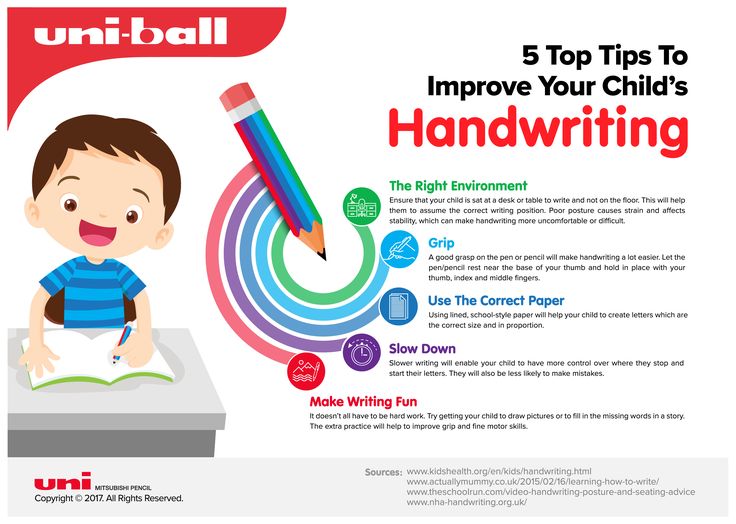 Everyone decided that "this is also a child," and did not object. The boy went to us the whole first grade.
Everyone decided that "this is also a child," and did not object. The boy went to us the whole first grade.
Another class teacher mimicked students who mispronounced words. For example, she told at the meeting how one of the students often asks to go to the “toilet”, and demanded that the parents “do educational work”. The rest were silent: they were afraid that the classroom would start offending their children too.
At the beginning of the first term, she refused to help my daughter look for lost things because she was in a hurry to get home. After the end of the school year, the teacher left for Moscow, and the motives for her attitude to work became partially clear to me: she was not going to stay here. It was unpleasant to realize that for our seven-year-old children this was an important stage in life, and for the teacher it was only a staging post.
The second class teacher. Our next class teacher was a middle-aged woman of the old school. When one of the guys laughed out loud or ran, she put the violator in front of the class, scolded and said that this student was to blame for the fact that the whole class would not go for a walk or break.
When one of the guys laughed out loud or ran, she put the violator in front of the class, scolded and said that this student was to blame for the fact that the whole class would not go for a walk or break.
Eight-year-old children were afraid of her. My daughters sometimes called me in tears. Once I asked the teacher not to use the Gestapo methods of education in elementary school and to be softer. The reaction was harsh: she declared that she would not work with our class at all. The situation was sorted out by the head teacher - he suggested that I transfer my daughters to a parallel class with a young class teacher. I agreed.
These were the first years at school: I had no experience of communicating with teachers, I did not know how to defend the rights of my children. But most of all I was afraid that if I complained to someone, the teacher would start treating my daughters worse. Now, years later, I understand that elementary school teachers actively use this. And also the fact that small children cannot stand up for themselves, which means they can be easily offended.
If I had a second chance, I would act more decisively. I would definitely make a remark to the first teacher - both about the teasing and about the constant presence of her child in our class. Perhaps she would not even agree to transfer her children to another class. And I would also tell the head teacher in writing that the teacher is extorting gifts for her child and is behaving unprofessionally towards the children.
Most likely, none of my parents would have supported me. But at least I would be sure that I did the right thing.
Situation 2
Things were missing from a child at schoolIn the first grade, the daughters had individual lockers in the wardrobe, which were locked with a key. The locks were flimsy, besides, the children often forgot to close them. Therefore, it is not surprising that one day her daughter lost her personal belongings: leggings, a folder for drawing, and some little things.
Daughters in elementary school had similar lockers.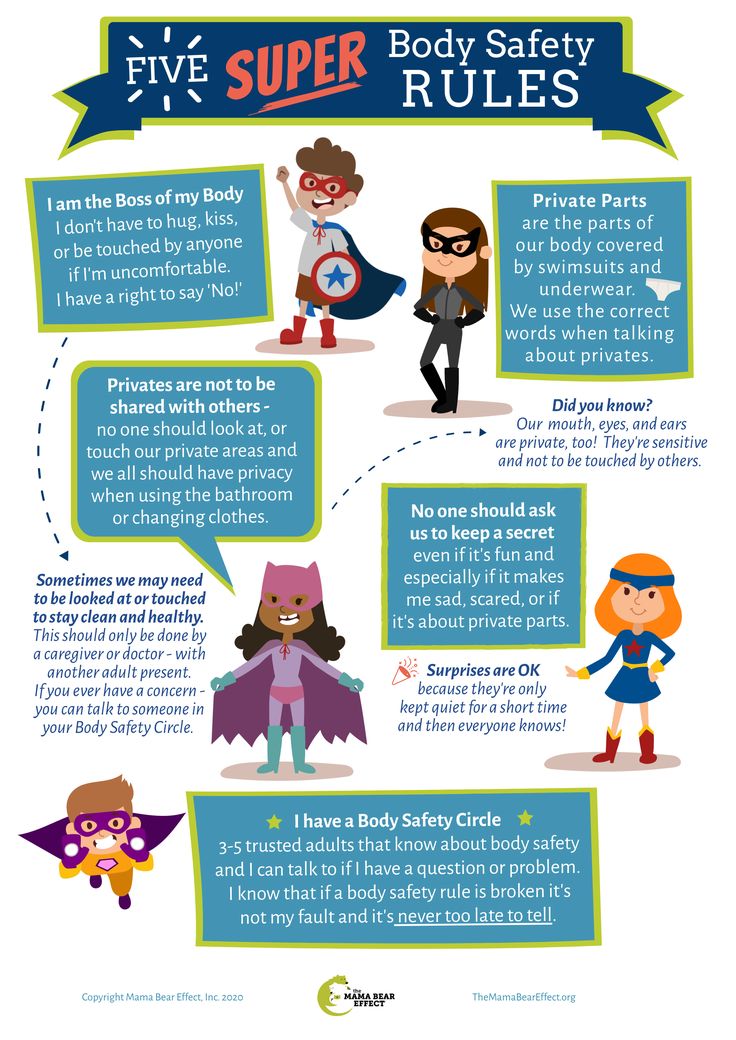 Source: evorastroi.ru
Source: evorastroi.ru I asked the class teacher to look for all this together with the child, but she refused because her working day was ending. Then I wrote a statement to the police about the theft. A few hours later, things were found. The head teacher said that the pranksters threw them behind the locker, and I acted inappropriately and it was not worth calling the police. Then the district police officer came and took explanations from me and the school staff. After that, I was called to the head teacher for the first time.
At such meetings, the school administration, as a rule, takes a defensive position: either the child is to blame, or the parents who bring him up badly. Two head teachers and a representative of the school administration spoke to me. The essence of the conversation boiled down to the need to be more patient, there are many children and the teacher does not have time to look after everyone.
For my part, I tried to explain that the administration would have to reckon with me: I am not going to change schools and will protect my children. As a result, the head teachers gave me their mobile phones to quickly solve future problems, and we parted ways.
As a result, the head teachers gave me their mobile phones to quickly solve future problems, and we parted ways.
The second time the school lost was bigger - the phone disappeared. In fourth grade, my daughter gave it to a classmate to play with and forgot to pick it up when she left home. She just left it on the table in front of the watch - there are often lost things like mittens.
Since the table is not even inside the school, but between the entrance doors, I decided that it was pointless to look for the phone - most likely, someone had already taken it away. But just in case, she asked the class teacher to ask the children, suddenly someone saw.
Klassnaya, together with the head teacher, looked at the recordings from the video cameras, and a week later the phone was returned to us. True, they refused to tell who had it all this time. The smartphone was intact and working. The SIM card was not even taken out of it, which I immediately blocked.
Even children in the class were robbed of pocket money, pens, pencils and even food from briefcases.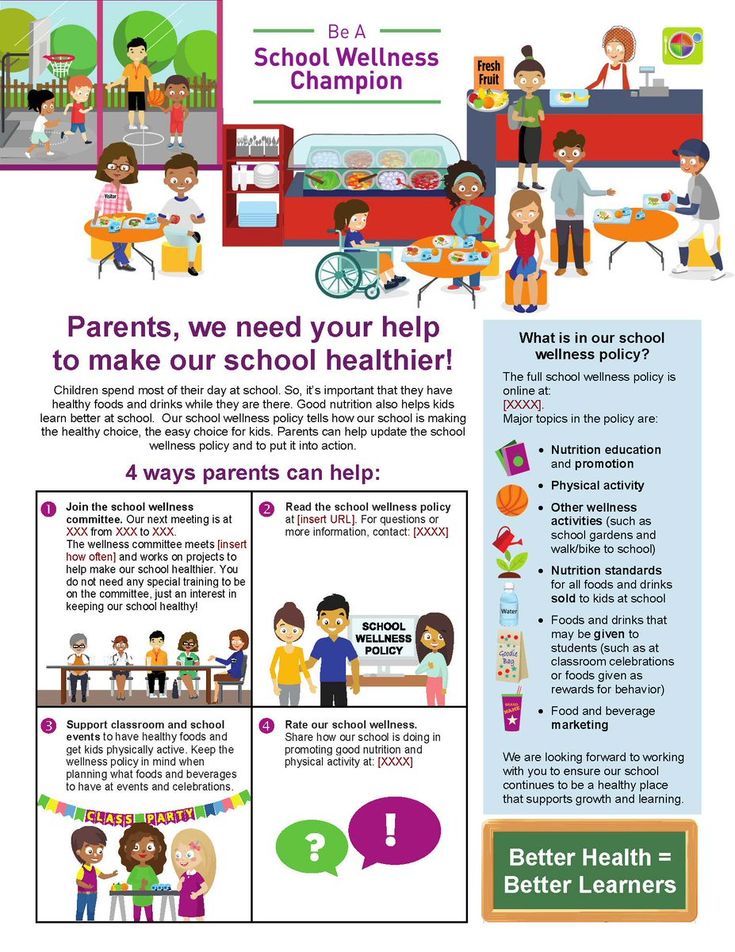 Parents discussed this in a general chat, but the matter did not go beyond conversations.
Parents discussed this in a general chat, but the matter did not go beyond conversations.
Situation 3
Children were unreasonably underestimatedI believe that only exact subjects, such as mathematics, should be graded. If my kids get C's in history or biology, most of the time I think they missed something or didn't finish their homework. I don’t understand at all how it is possible to evaluate art, music or technology. Therefore, both of my appeals about grades were related to technology - in my time this subject was called "labor".
The teacher gave the task to draw up a notebook. She did not specify that it was necessary to use multi-colored shreds and buttons: in the electronic diary, it was simply indicated to “design the first page of the notebook” without additional requirements. Therefore, my daughters did it in accordance with their ideas of beauty.
/list/alternative-schools/
Where to go to study if you don't like school: 9 family schools in Moscow
At that time, my daughters liked Pokémon, so the notebook was decorated accordingly As a result, both got two. It was the fifth grade, the beginning of September - the desire to study even at the maximum. The daughters were very upset and could not understand why the teacher did not appreciate their beautiful notebooks, on which they worked for an hour. There were other girls who designed notebooks to their taste - they also got deuces.
It was the fifth grade, the beginning of September - the desire to study even at the maximum. The daughters were very upset and could not understand why the teacher did not appreciate their beautiful notebooks, on which they worked for an hour. There were other girls who designed notebooks to their taste - they also got deuces.
I decided to clarify the criteria for evaluating this homework and contacted the school administration through the electronic reception on the school website. I was interested on what basis the teacher puts deuces for the creativity and imagination of children.
I was very angry, but I tried to keep a calm tone of the letter The result was already a few days later: the deuces from the electronic diary disappeared, and the head teacher explained to me over the phone that this is how the teacher sets the children on a serious attitude to the subject. They didn’t collect a commission, but I was offered to study the written assessment criteria for creative subjects and lesson plans at school, in the technology room. It was important for me that the issue with grades was resolved, so I didn’t go to school in the end.
It was important for me that the issue with grades was resolved, so I didn’t go to school in the end.
No one treated my kids worse because I decided to deal with low grades. Rather, on the contrary, the teacher became more attentive and stopped grading for educational and instructive purposes.
Because of the grades, I argued more than once. For example, in the sixth grade, my daughter again had problems with technology - I did not agree with two assessments. At my request, her assessment for the second quarter was extended for two weeks - the school can do that.
Now I communicate with the school only officially and demand a written response from them to all requests. The administration also learned to work with me - their answers became clear, quick and to the pointSituation 4
The school violated the rights of the child In the sixth grade, I asked the class teacher to transfer one of my daughters: a neighbor on the desk showed her pornographic videos and called her names. She promised to solve everything. But there were not enough places, so the daughter wandered around the class and took the places of the sick.
She promised to solve everything. But there were not enough places, so the daughter wandered around the class and took the places of the sick.
10 rights that children have: from personal belongings to name changes and early marriages
After a while, I again came to the teacher. Then the classroom added a third desk in the first row, blocking the aisle with it. According to the rules, you can't do that.
For the third time, I turned to the head teacher and asked to check the seating in the class. After that, the third desk was removed, a normal place was assigned to the daughter, and the children's seating list was hung near the blackboard.
This is not our class, but similar: the classrooms in the high school are standard But some time later, a classmate brought a certificate stating that, for medical reasons, she needed to sit exactly in my daughter's place. The classroom again began to move Xenia from place to place. Then I applied to the school through the electronic reception on the website. This time she demanded an official answer.
This time she demanded an official answer.
The answer came two weeks later - my daughter had her own place again. It would seem that the issue is simple, but it had to be officially resolved within a month and a half.
I am still learning how to write complaints without emotion. In this appeal, I also asked to replace the damaged furniture - by the way, they also responded to this. This is an official response to my appeal. Our school likes to make the victim an intruder, so the daughter was accused along the way of transplanting herselfSituation 5
Children have been bulliedBullying, or harassment, can manifest itself physically when a child is beaten, pushed, or things are damaged. Or psychologically, when they call names or humiliate. Now teenagers draw all sorts of photoshops, shoot videos and send it all to general chats.
The school does not like to recognize bullying, most often such situations will be called conflict and blame not only the instigators, but also the victim.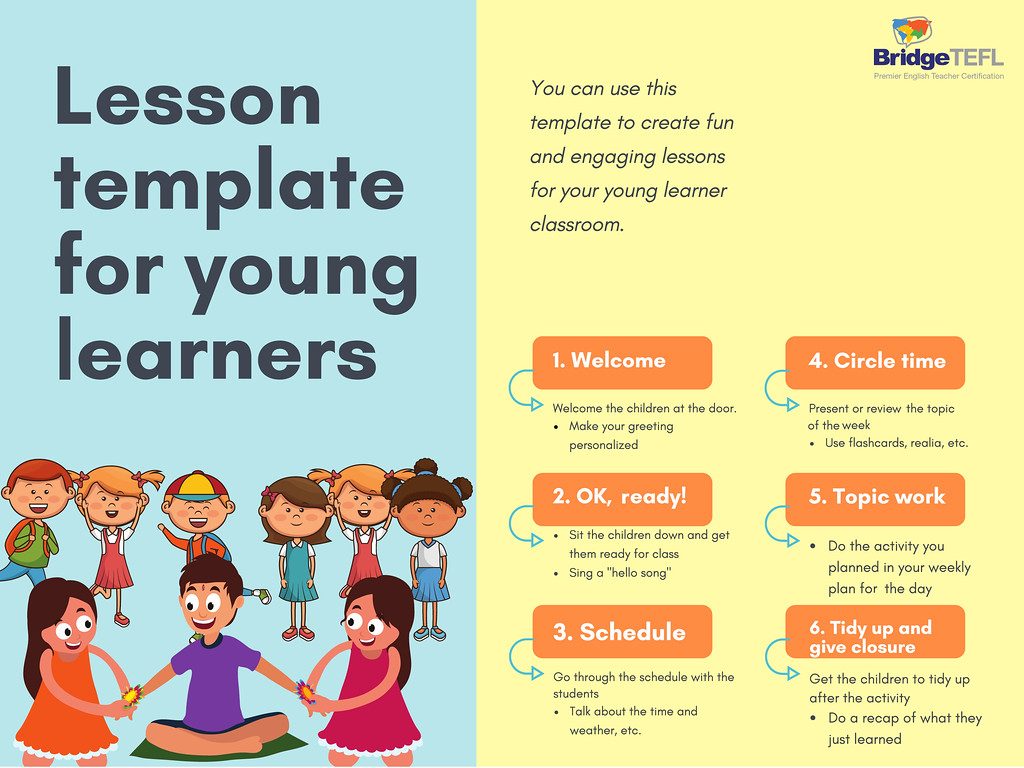 Sometimes children won't admit to being bullied at school because they don't want to be seen as traitors and bullied even more.
Sometimes children won't admit to being bullied at school because they don't want to be seen as traitors and bullied even more.
/no-bully/
Bullying is a problem for millions of Russian schoolchildren. This is how Tinkoff fights him
My longest and hardest showdown with school happened because of the aggressive behavior of a classmate of my daughters. He was a big boy, cursed a lot, pushed around, broke other people's things, was rude to the class teacher, beat other children - in general, he behaved disgustingly. From time to time, the parents in the chat raised the topic of his behavior, but the matter did not go beyond conversations.
One day this boy started to terrorize my daughters: first he waited for them near the school and threw snow, then he started pushing and kicking, and it all ended with spitting in the face. Moreover, he spat in the face not only of my daughters, but also of other girls. However, none of the parents, except me, attached much importance to this.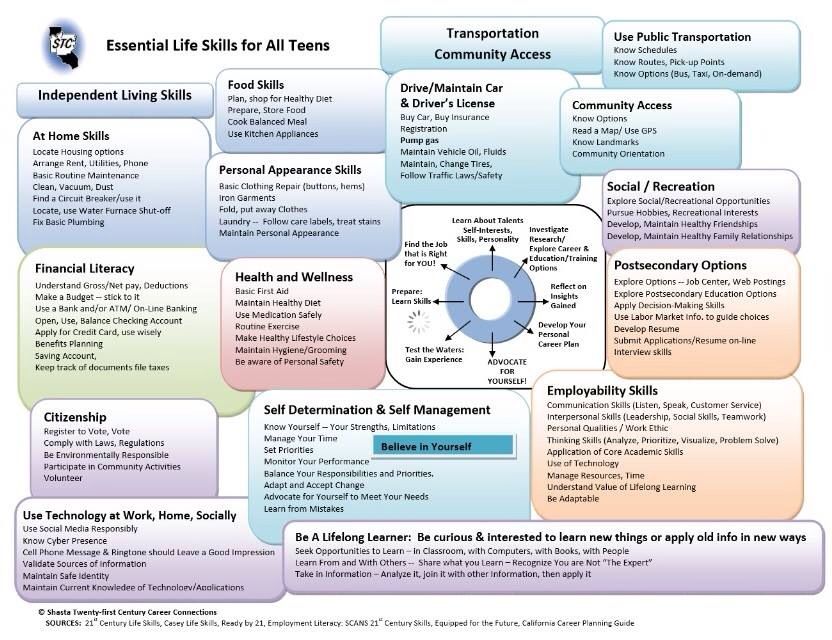
In my experience, mothers and fathers are afraid to make any complaints in writing and are not ready to intervene, even if they verbally support the general complaint.
There are several entrance doors to our school, but there is only one exit. Therefore, if a classmate is waiting for the child after school, intending to throw snowballs, then the threat will not be avoided. Even the cool chat of daughterssays that the atmosphere in the class was not too healthy. At first, I tried to discuss the boy’s behavior with his mother on the phone, but she answered that doesn't see the problem. After that, I wrote to the school administration. I was called in for a conversation with the head teacher, social pedagogue and the boy's dad. The school even created an independent commission to investigate our case. As a result, the violator, and at the same time my children, were placed under intra-school control, and a school psychologist began to work with the class.
That's how I learned that it's not only disadvantaged children who are put under internal control. The school independently determines the rules for such control and prescribes them in the regulation. As far as I understand, in the course of further disassembly, this would characterize my children as bullies and violators, but if the children behave adequately and the family is prosperous, then putting on an internal school record does not affect anything. Although, of course, it sounds insulting, especially if children act as victims.
The school independently determines the rules for such control and prescribes them in the regulation. As far as I understand, in the course of further disassembly, this would characterize my children as bullies and violators, but if the children behave adequately and the family is prosperous, then putting on an internal school record does not affect anything. Although, of course, it sounds insulting, especially if children act as victims.
The school administration really wanted me to stop these fights, so they tried to influence me in every possible way, including by putting my daughters under control. They also put pressure on my children: they were called to the head teacher's office and accused of foul language, until I forbade them to do this without my presence.
After the second spit in the face of my daughters, I realized that the school could not or did not want to resolve this issue. Then she turned to the police department, and also wrote complaints about the inaction of the school to the education committee and the prosecutor's office.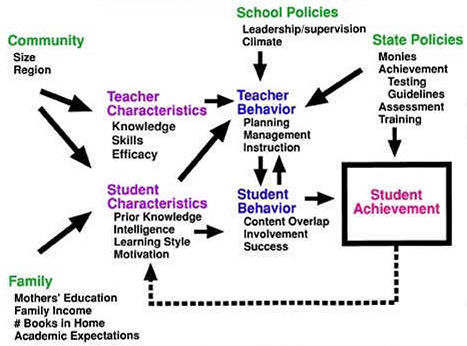 She also called the juvenile inspector: he can register the child and regularly check his behavior. In our case, I did not expect special help - rather, I wanted the bully, his parents and, at the same time, the school to be simply intimidated.
She also called the juvenile inspector: he can register the child and regularly check his behavior. In our case, I did not expect special help - rather, I wanted the bully, his parents and, at the same time, the school to be simply intimidated.
The school administration is obliged to call the inspector at the first request of the parents, but, as a rule, is in no hurry to do so. In our case, the head teacher convinced me that the matter was not worth the attention of the inspector, saying, "these are not drugs."
I didn't want to waste time, so I called the inspector myself through the electronic reception on the police website. She briefly described the situation and demanded that the inspector come to the school. They didn’t answer me, but they contacted the school and set up a meeting time.
In the second memorandum I list point by point what I have already done to resolve the issue - this adds weight to my appeal I recorded all conversations - personal and telephone - on a dictaphone. She made out reports with incoming numbers to make the school stir and respond. When the appeal has an incoming number, the school administration will not be able to "lose" it - it will be obliged to respond within 30 days. If there is no number, you can always say that there was no call either.
She made out reports with incoming numbers to make the school stir and respond. When the appeal has an incoming number, the school administration will not be able to "lose" it - it will be obliged to respond within 30 days. If there is no number, you can always say that there was no call either.
At some point, I suggested to the social educator to lead an aggressive student by the hand and constantly correct his behavior. But the school administration said that this was impossible: there was only one social teacher, and there were 800 students in the elementary school. The mother of an unruly student was present at the school several times. But the results were short-lived: the boy behaved normally for a couple of days, and then everything started all over again.
My classmates' parents did not support me. Most thought that spitting in the face was nothing special, so no one intervened. I was even condemned for the fact that, because of my complaints, our class teacher was punished - she was reprimanded.
Everything was decided by itself: schools switched to distance learning. And after the fourth grade, the boy was transferred to another school. After he studied with my daughters for 2.5 years, I finally breathed a sigh of relief. Now the children in the class live quite peacefully.
Evaluating this situation today, I understand that the school has little ability to solve such a problem. It is impossible to transfer a student to another school or class without parental consent. Even a conversation with an inspector - a stern woman in uniform - does not frighten modern children in any way.
Later, the director complained that she could not significantly influence the work of teachers. She has the right to announce a reprimand or send her to advanced training courses. More serious sanctions, such as depriving a bonus or reducing salary, are not available to a director.
What parents should do if their child is bullied at school: advice from a psychologist
Nikita Karpov
clinical psychologist
Bullying has a negative impact on the emotional state of the child and his self-esteem, increases the risk of depressive and anxiety disorders, and can adversely affect academic performance.
If a child is bullied in elementary school, then parents should always act: go to the teacher, director, administration, the investigative committee, and so on. Worst case, change schools. In the vast majority of cases, a junior high school student cannot cope with bullying on his own.
You need to act more carefully with a teenager - it is important to coordinate actions with him so as not to spoil the relationship. A teenager already has the right to make his own decisions, he has his own motives and desires.
For example, it may be that some guys bully, but in the same class there is someone with whom the teenager is in love, and he does not want to go to another school, even on pain of death. In such cases, it can be dangerous for the relationship with the child to arrange a showdown and take him out of school. We need to look for ways to support and help him.
First, you need to support the teenager emotionally: listen, feel sorry, share his feelings and experiences with him. Also discuss the situation with him, look for options, what he can do, how to help himself. Perhaps find a training on confident behavior or watch a movie about bullying together. For example, the recently released "I met those who poisoned me."
Also discuss the situation with him, look for options, what he can do, how to help himself. Perhaps find a training on confident behavior or watch a movie about bullying together. For example, the recently released "I met those who poisoned me."
In any case, it is important for parents to indicate that they are ready to help and get involved in the situation to the fullest, and also to make sure that the teenager will ask for help when it is needed. Perhaps it is worth discussing the criteria with him when it is definitely time for parents to join.
Although, of course, a lot depends on the stage of bullying. So, if a child is already in a depressive-anxious state, he needs more active help. The teenager needs to be removed from the situation, to go with him to a psychotherapist or psychiatrist to help cope with this condition. Then, when the child is fine, it is worth discussing with him what he wants to do next: fight if he has a resource, or just change schools and forget like a bad dream.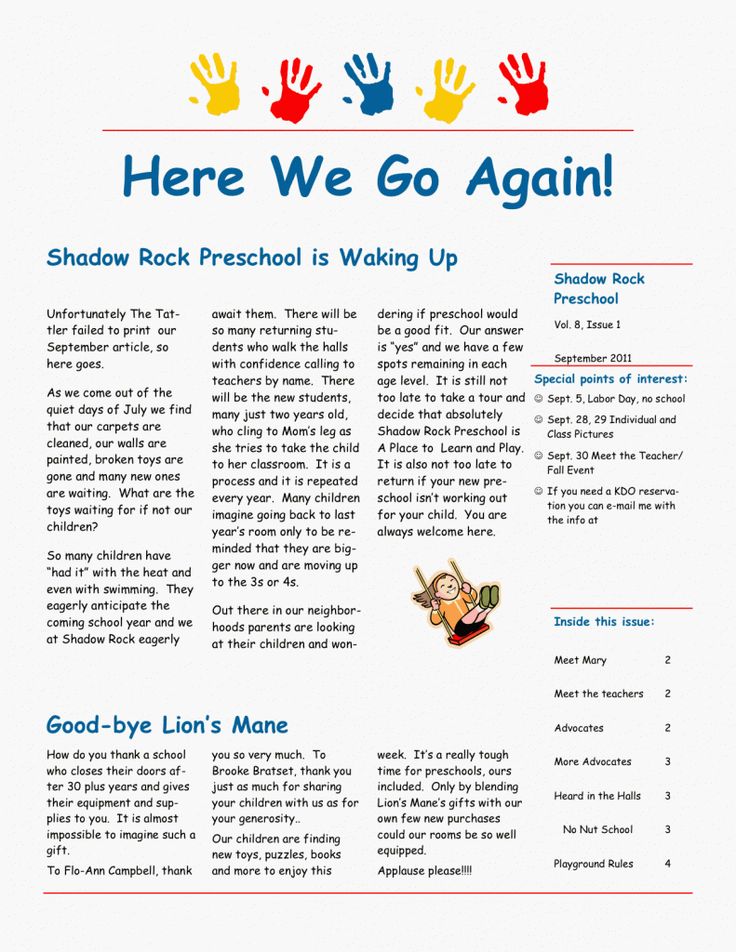
Situation 6
Teachers neglected teaching a child with a disabilityDue to health reasons, one of my daughters studies at home. She has a disability, and according to the law, the school must organize home-based learning: approve an individual curriculum and instruct teachers to remotely study one-on-one with her.
Lessons cannot be canceled - only rescheduled. According to regulatory documents, if a teacher falls ill, they must find a replacement within three days.
/guide/money-for-disabled-kids/
How to make payments to the family of a child with a disability in 2022
This is what my daughter's individual education plan looks like for the current school year This is a complete list of regulatory documents that govern learning at home I suspect that our school has only one child at home - mine. Therefore, teachers could not competently integrate Alina's lessons into their work schedule: in the first quarter they were constantly late, rescheduled classes, and did not conduct part of the lessons at all.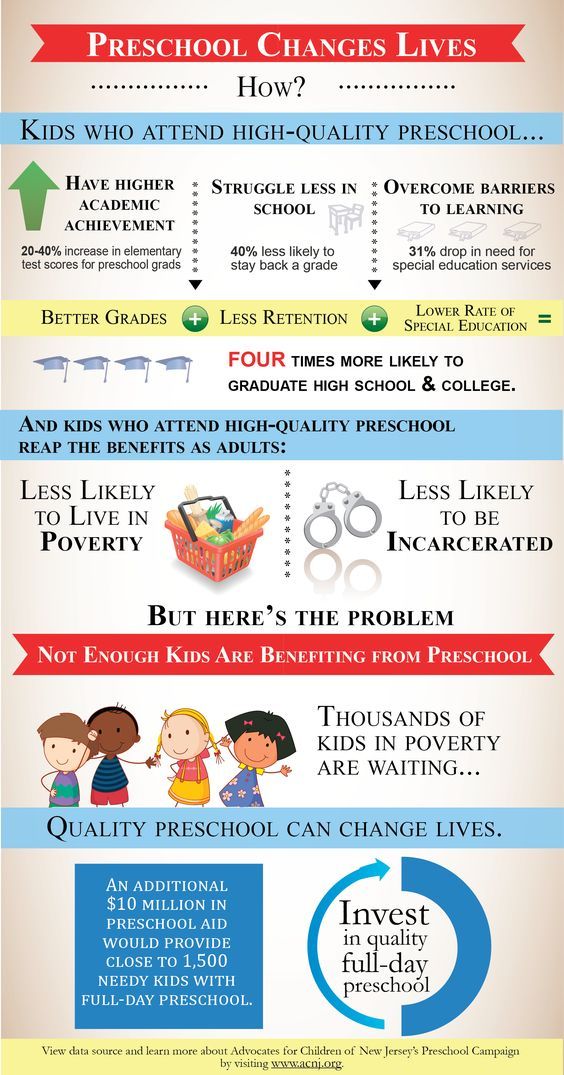
For a while, I tried to peacefully resolve this issue through the class teacher and the head teacher. But the situation has not changed. The last straw was a triple in technology, which the teacher gave Alina for a poorly copied assignment from her sister's notebook. For six months, the teacher never spoke to Alina, taught her nothing, did not discuss her homework. And in the end, she gave it “satisfactory” for drawing patterns and sewing on a typewriter, which her daughter mastered on her own. I could not come to terms with such injustice.
I wrote a complaint about the violation of the rights to education of a child with a disability to the school, the prosecutor's office and the education committee. This is a very serious charge - a parent can even be held administratively liable for false complaints. Therefore, I was summoned personally to both the prosecutor's office and the committee. I provided evidence of my words: screenshots of being late, correspondence, my requests, grades in a notebook.
The school responded promptly. All Alina's classes, including physical education, fine arts and music, are now held on time, no one is late, the teacher's electronic diary is filled out well. This is exactly what I was looking for.
But, as far as I know, the prosecutor's office has not yet closed our case completely, and the education committee is still sorting it out.
This is the first page from the response of the prosecutor's office. Supervisors considered my complaint justified, found violations and forced the district administration to resolve this issueTo whom and in what order to complain
Thanks to my experience, I have accumulated a lot of experience in communicating with the school authorities: I know what to demand, how to do it and which higher authorities to go to if the problem is not solved.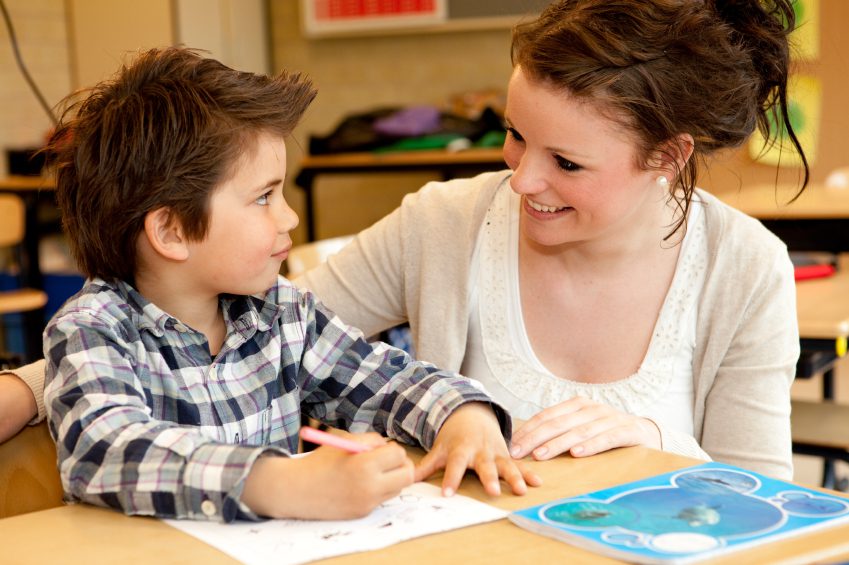 I will share my algorithm of actions.
I will share my algorithm of actions.
By law, a complaint can be sent at least immediately to the president. The appeal will be registered there, but will still be redirected for consideration to the very bottom of the bureaucratic hierarchy. Therefore, in resolving issues with the school, I adhere to the following order.
The first step is the class teacher. He communicates with children, parents and school management and in fact can do a lot. For example, involve a school psychologist and talk with parents, if the reason for the appeal is the student's aggressive behavior, assemble a conflict commission.
The second level is the school administration. She will get down to business if the teacher could not and did not want to help. Usually the head teacher acts on behalf of the school.
The situation should be taken under control and ways to resolve the conflict should be proposed. If the proposal does not suit you, you need to insist on your own options for the development of events.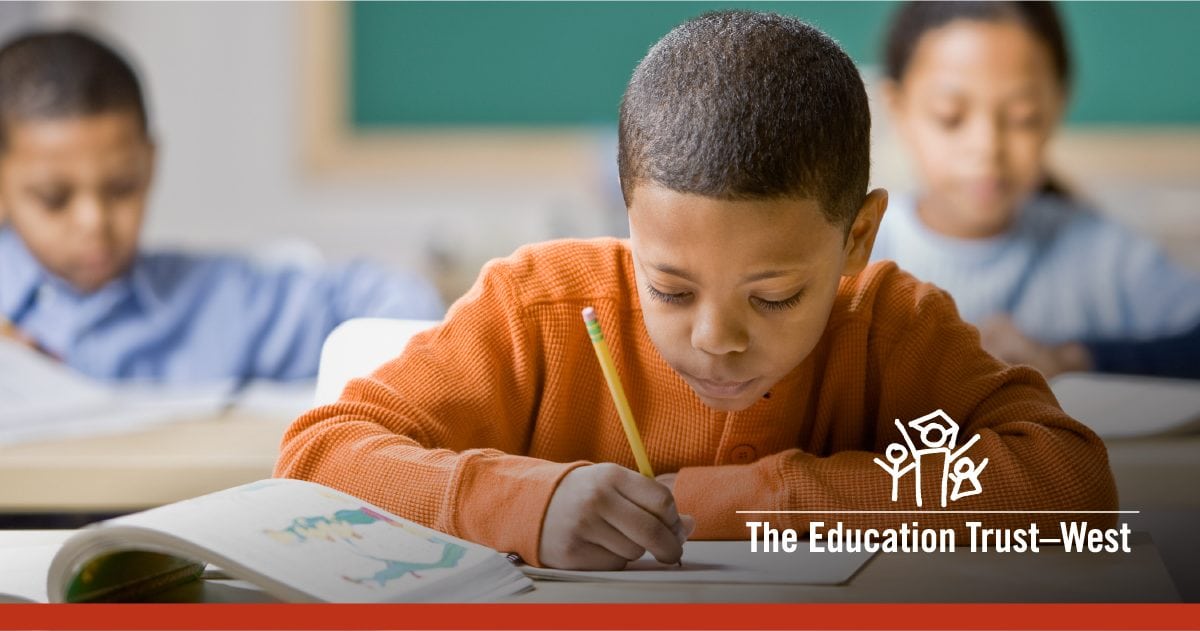
At this stage, you can warn the head teacher and class teacher that if nothing changes, then you are ready to move on. The school really dislikes attention from higher authorities, so there is a chance that they will start looking more actively for a solution to the problem.
Third step - supervisory agencies: education committee, police, prosecutor's office - depending on the situation. For example, if we are talking about a missing thing, you need to write a statement to the police, and if the child is underestimated, to the education committee. You can write to two departments at once. When the rights to education of my child with a disability were violated, I wrote to both the education committee and the prosecutor's office.
Supervisory authorities may call you and ask you to clarify the situation. You need to be ready to back up your words with evidence: documents, screenshots of correspondence, recordings of conversations. It will not be possible to stop or hush up the call at this stage.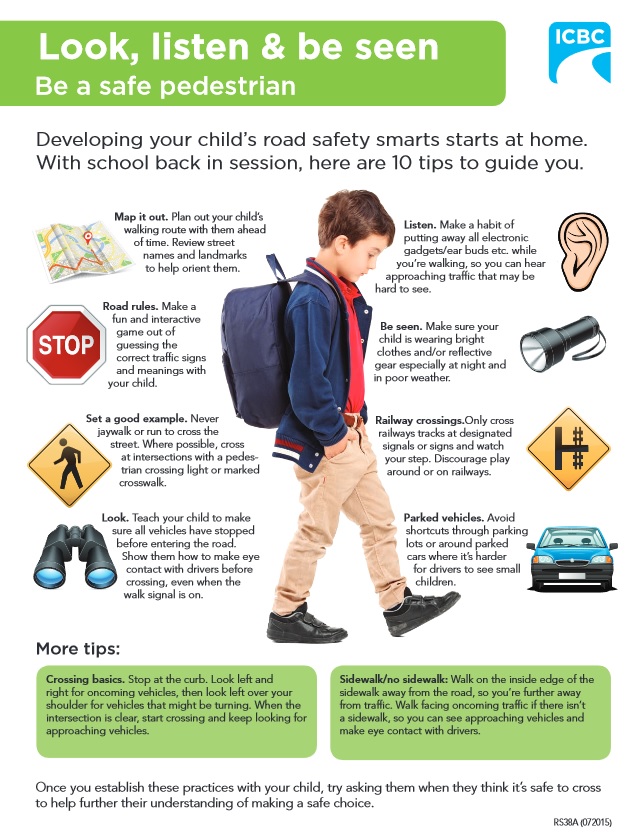
I deliberately did not include my classmates' parents in this list. In my experience, even if the cause of the conflict is in a particular child, it is pointless to communicate with his mom and dad. Most likely, the conversation will be in a raised tone and will lead nowhere. You can't blame other people's children. It is more correct to influence the violator through teachers and supervisors.
How to write a complaint correctly
There are no established rules and forms for writing. But there are a number of recommendations that you should follow. Here is what you need to indicate in the complaint:
- Name of the institution to which we are filing a complaint, its address. Here you can also find the sender's data: full name, contact phone number, e-mail and actual address of residence.
- The reason for the appeal - it must be described without emotions and to the point. In my first complaints, I often deviated from this rule: I used a lot of exclamation and question marks, I tried to appeal to conscience and common sense.
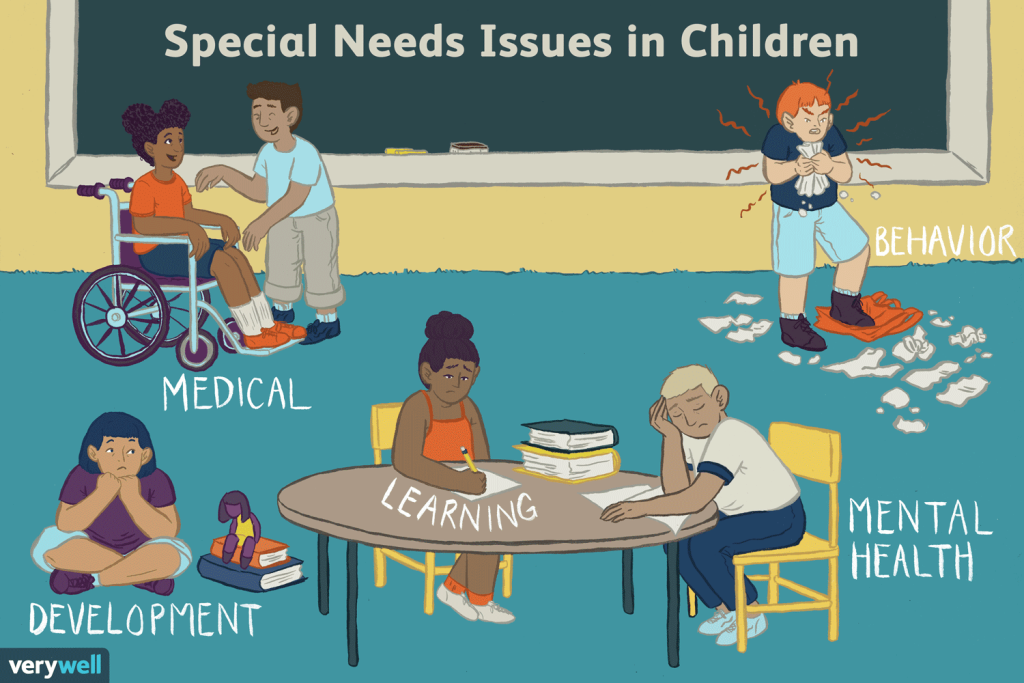 Gradually I realized that this would not work with the school: seasoned people work there who are indifferent to other people's feelings.
Gradually I realized that this would not work with the school: seasoned people work there who are indifferent to other people's feelings. - Links to legislation. They are optional, but this will make the complaint more convincing. To be honest, I did not add them - this did not affect the result or the speed of the response. Parents are not required to know all the regulations by which the school operates. Moreover, in the response, the school administration itself must list the necessary documents. You can also specify a list of authorities that you already had to apply to earlier - also for weight.
- The result you want to achieve. You can add your suggestions. For example, to involve a school psychologist or a juvenile inspector in solving a problem if it is a question of a student's bad behavior.
- Evidence, if any: screenshots of correspondence, copies of previous appeals.
- Date and, if it is a written complaint, signature.
Complaint example DOCX, 8 KB
Complaint example that takes into account the recommendations: situation explained, reference to legislation added, requirements clear, tone of the letter discreetly formal After that, you need to file a complaint in person or via the Internet.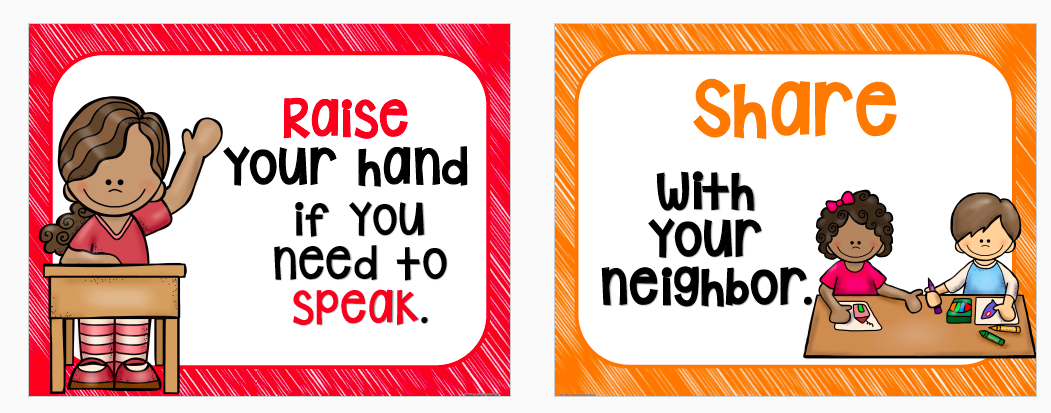 I no longer take mail into account: it takes a long time and papers can get lost.
I no longer take mail into account: it takes a long time and papers can get lost.
There is an electronic reception on the website of our school - through it I usually send complaints and appeals to the school management. This is convenient: confirmation comes instantly and you don’t have to worry that the request was lost or ended up in spam. In the regions, on the websites of schools, there is not always an electronic reception - in this case, the appeal can be sent to the school email.
/guide/zhaloba/
How to properly file a complaint with any agency
Management has 30 days to give an official response. If this does not happen, you can safely complain to the education committee. The school has never ignored me. Often they answered much earlier - within two weeks.
With complaints to the supervisory authorities, everything is the same: it is possible to file complaints remotely - through the electronic reception on their official websites or send them by e-mail.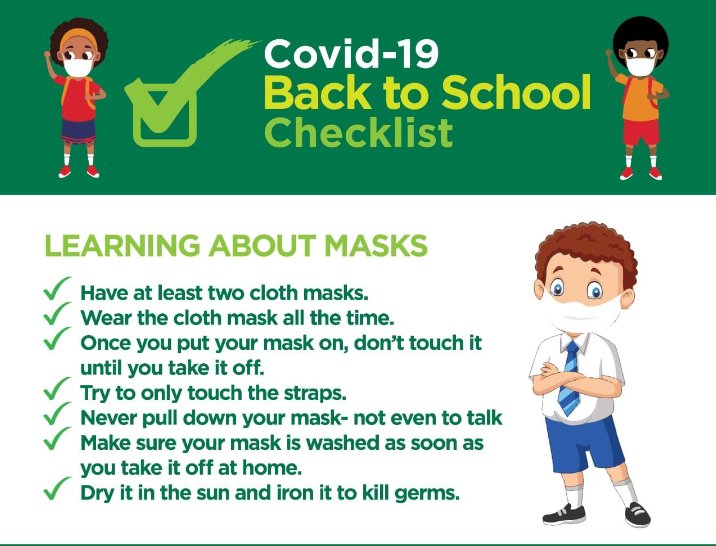
Over the years of communication with the school administration, I learned one main rule: all serious issues must be resolved only in writing. Spending time talking - in person and on the phone - is often pointless. It's safer with papers. If the problem reoccurs or the solution fails, then you will have proof that you tried to do something. This gives weight when you have to turn to higher authorities.
It is also better to demand an official answer or refusal on paper. School management likes to contact parents by phone and will try to resolve the issue verbally, but I advise you to ask for a written answer. It should indicate what exactly the teacher and school management did to resolve your issue. The school has no right to refuse a written response.
How other parents and teachers treat me
My reputation in the parent chat and school administration is not very good. What I call the fight for justice is considered by many to be scandalous.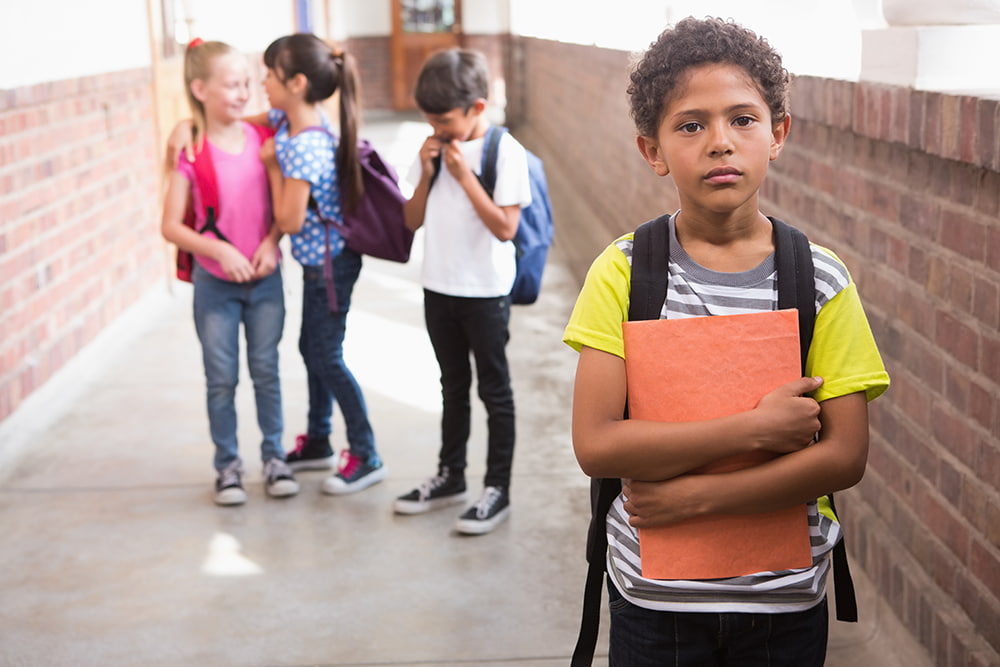 It doesn't bother me anymore.
It doesn't bother me anymore.
I used to react very emotionally when children were offended - I wanted to destroy the school. Now my daughters are older, and I am calmer and more prudent. I have mobile phones for the head teacher and director, today they are ready to help me with any questions. But I still participate minimally in school life - I donate money for the needs of the class, and that's it.
/list/parent-committee-hate/
I've been a member of the parent committee for 9 years, and this is what pisses me off
Something else is much more important to me: my daughters know that I will always protect them. And also that other people's parents cannot scold them. And that a school is not a concentration camp and no one there has the right to offend them.
I protect the rights of my children, but at the same time I make sure that their behavior does not provoke conflicts. We have rules: at school, you can’t beat anyone, call names, spoil other people’s things and be rude to teachers.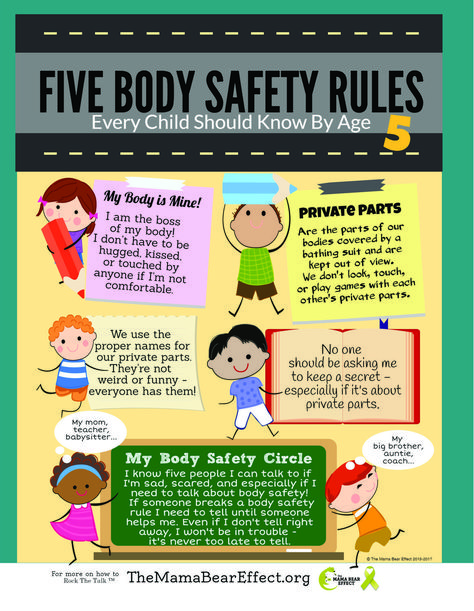 When my daughters tell me about the bad behavior of classmates, I often focus on this and ask: “I hope you didn’t do this?” For example, they didn’t laugh during the film about the lifting of the blockade of Leningrad and didn’t trample on other people’s jackets in the wardrobe. I want my daughters to respect those around them and grow up decent and fair.
When my daughters tell me about the bad behavior of classmates, I often focus on this and ask: “I hope you didn’t do this?” For example, they didn’t laugh during the film about the lifting of the blockade of Leningrad and didn’t trample on other people’s jackets in the wardrobe. I want my daughters to respect those around them and grow up decent and fair.
Yes, the school doesn't like parents like me. But in rare moments of enlightenment, her leadership understands that my requirements help them put things in order and better organize the learning process.
Memo for parents of schoolchildren
- Schoolchildren and their parents have not only duties, but also rights. They are spelled out in the federal law "On Education", the Constitution of the Russian Federation, the Convention on the Rights of the Child.
- If the rights of a child are violated, then parents have the right to protect them: file complaints with the education committee or the prosecutor's office, call a juvenile inspector, involve a school psychologist in solving the problem.
 If necessary, go to the police, the prosecutor's office, the court.
If necessary, go to the police, the prosecutor's office, the court. - No need to jump over your head and immediately write a complaint to a higher authority. It is better to try to resolve the issue with the class teacher. If there is no result, go to the school administration. The Education Committee, the police, the prosecutor's office are already the third step.
- Emotions and a bunch of question and exclamation marks in a complaint are superfluous. You need to adhere to the official style, clearly articulate what you are complaining about and what result you are expecting - this way you can change something faster.
- You don't have to go to the school to send a complaint to the principal. This can be done through the electronic reception on the school website or by writing to the school email.
- All serious issues must be resolved in writing. Also require an official written response or refusal from the school: if the problem recurs or the solution does not suit you, at least you will have confirmation that you are not filing a complaint for the first time.

